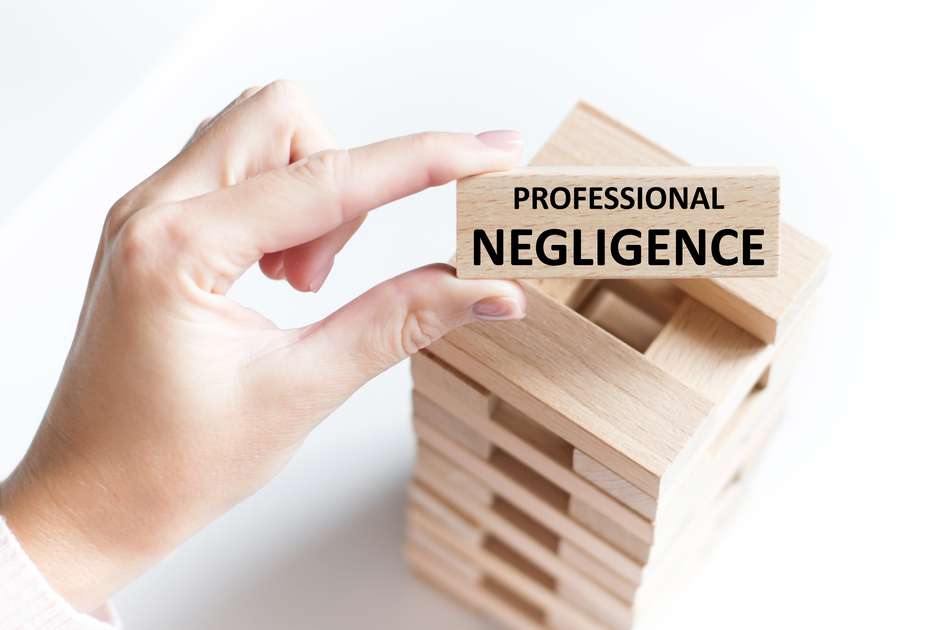What is professional negligence?

If you have instructed a professional and consider that the professional has been negligent, you may want to recover the losses you have suffered.
Claims can be brought against various professionals, including surveyors, architects, financial advisors, accountants, and solicitors. The term “professional” is undefined, but if you consider the person you instructed to act as a professional and you suffered loss as a result of their negligence, you can consider a professional negligence claim against them.
Usually, professionals are required to have professional indemnity insurance. If you begin a professional negligence claim, one of the first points to establish is whether the professional is insured. This is to ensure that if you succeed with your claim, you will be able to recover your financial losses. If the professional is not insured, then you need to be certain that they, or their business, have sufficient financial means to make a claim worthwhile. We can help you to consider the financial viability of bringing a claim from the outset so that you do not end up further out of pocket.
What needs to be confirmed to establish a professional negligence claim?
The key elements of the claim are:
- Duty: in simple terms, to bring a claim, the professional must have owed you a duty. This can be contractual (maybe set out in a written agreement stating what the professional is meant to do) or based on the common law duty to use the skill and care of a reasonably competent professional in the relevant field (this does not need to be set out in writing).
- Breach: the professional must have breached the duty. Perhaps he or she did not carry out your instructions, or maybe you were given advice that no other reasonably competent professional would have given. You may need evidence from an expert to prove the breach occurred.
- Causation: you must be able to show that you relied on the professional’s negligent advice, and if it wasn’t for that advice, you would not have suffered damage. This may need to be evidenced by a witness statement.
- Loss: assessing loss is more complicated than you may expect. There may be a difference between the full loss you have suffered, and the loss that is recoverable from the professional. This is because the law says that you can only recover losses that fall within the scope of the professional’s duty. Also, different losses are recoverable depending on different bases of claim.
The professional may argue that the recoverable loss should be reduced, because you have not mitigated your loss (essentially you have a duty to minimise your loss if you can, although you are not required to take onerous steps) or because you were also negligent, and your negligence contributed to the loss. The professional may also argue that another party was equally responsible for the loss.
If your claim is successful, you can seek to recover a reasonable proportion of the legal costs you have incurred.
I want to progress a claim against a professional: what next?
In the first instance, it is strongly recommended to instruct a solicitor with expertise in this area. If the professional’s indemnity insurance policy is responding to your claim, it is very likely that the insurer will instruct an experienced solicitor from its panel to defend the claim and try to prevent you from making the full recovery you deserve (or any recovery at all).
If you do not instruct a solicitor, be aware that the Courts have been clear: individuals acting for themselves in litigation will be held to the same high standards as qualified solicitors.
Funding the costs of instructing a professional negligence solicitor to act for you can be daunting, but Tees Law is on hand to explain your options openly and honestly.
Time limits: the clock is ticking
If you decide to proceed with a claim, the first thing to establish is whether you are in time. All professional negligence claims have time limits. Once the applicable time limit (referred to as a limitation period) expires, you cannot proceed any further. See our article for further information on Time limits.
If you think you may have a claim against a professional who has acted for you and would like advice from a specialist professional negligence solicitor, please contact Alice Evelegh-Taylor at Tees on alice.evelegh-taylor@teeslaw.com to discuss your claim.
Chat to the Author, Alice Evelegh-Taylor
Senior Associate, Dispute Resolution and Litigation, Cambridge office
Meet Alice
- Areas of expertise
- Accreditations

